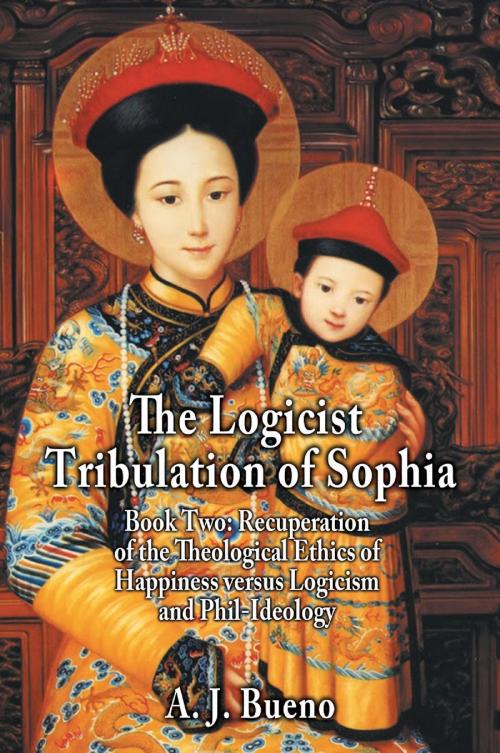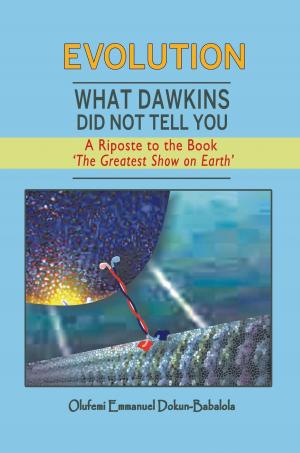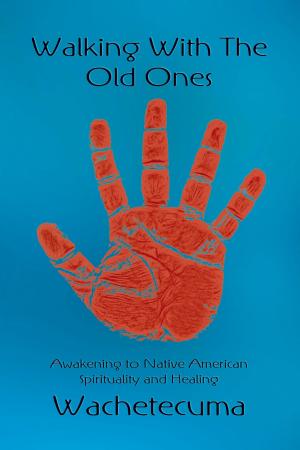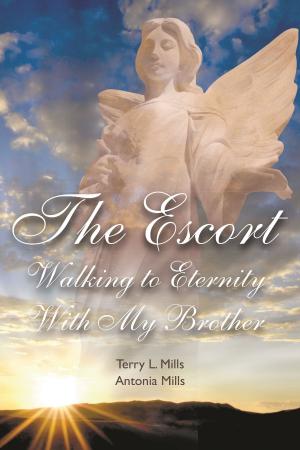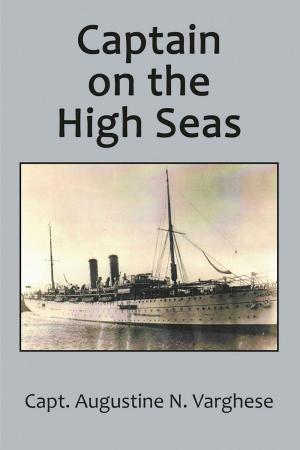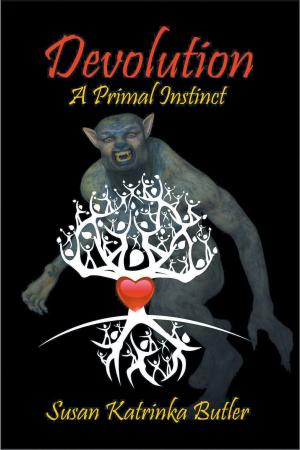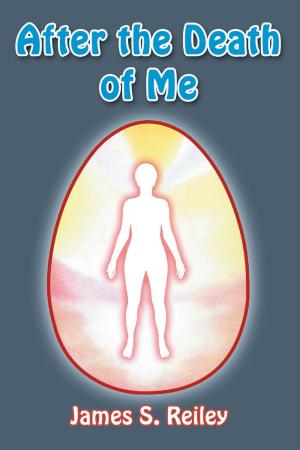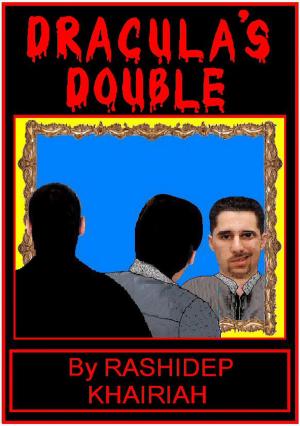The Logicist Tribulation of Sophia
Book Two: Recuperation of the Theological Ethics of Happiness versus Logicism and Phil-Ideology
Nonfiction, Religion & Spirituality, Philosophy, Epistemology, Christianity, Education| Author: | A. J. Bueno | ISBN: | 9781681815442 |
| Publisher: | Strategic Book Publishing & Rights Co. | Publication: | February 8, 2017 |
| Imprint: | Strategic Book Publishing & Rights Co. | Language: | English |
| Author: | A. J. Bueno |
| ISBN: | 9781681815442 |
| Publisher: | Strategic Book Publishing & Rights Co. |
| Publication: | February 8, 2017 |
| Imprint: | Strategic Book Publishing & Rights Co. |
| Language: | English |
St. Augustine says there is “no other reason for men to philosophize but to be happy.” Obviously, the Recuperation of the Theological Ethics of Happiness versus Logicism and Phil-Ideology is grounded in Book 1 of this author’s trilogy because, without metaphysics, there are no superior goods, and without the possession of such goods, there is no happiness.The most original and philosophic parts of this essay are the studies regarding the possibility of a science on happiness, the analysis of love, and the metaphysical study of the law which, in Kant and logicist strands, becomes ultimate reference point for morals.Epistemology shows that the law is an elaboration integrated by “universal concepts” and, therefore, should not be the ultimate point of reference, supplanting the supreme, singular-personal good.Love is focused in relation to happiness. Love is not desire but connaturality or adaptation to the good. Equipped with an appropriate notion of love, it is possible to delve into the act of creation and into the need of intellectual creatures to achieve the end of creation.There is no happiness without rationality and internal freedom. The last third of the book turns more theological, explaining that only under the action of the Spirit can the arduous good be desired, leading to “freedom from the law.” The New Law is the very presence of the Holy Spirit according to Aquinas.
St. Augustine says there is “no other reason for men to philosophize but to be happy.” Obviously, the Recuperation of the Theological Ethics of Happiness versus Logicism and Phil-Ideology is grounded in Book 1 of this author’s trilogy because, without metaphysics, there are no superior goods, and without the possession of such goods, there is no happiness.The most original and philosophic parts of this essay are the studies regarding the possibility of a science on happiness, the analysis of love, and the metaphysical study of the law which, in Kant and logicist strands, becomes ultimate reference point for morals.Epistemology shows that the law is an elaboration integrated by “universal concepts” and, therefore, should not be the ultimate point of reference, supplanting the supreme, singular-personal good.Love is focused in relation to happiness. Love is not desire but connaturality or adaptation to the good. Equipped with an appropriate notion of love, it is possible to delve into the act of creation and into the need of intellectual creatures to achieve the end of creation.There is no happiness without rationality and internal freedom. The last third of the book turns more theological, explaining that only under the action of the Spirit can the arduous good be desired, leading to “freedom from the law.” The New Law is the very presence of the Holy Spirit according to Aquinas.
